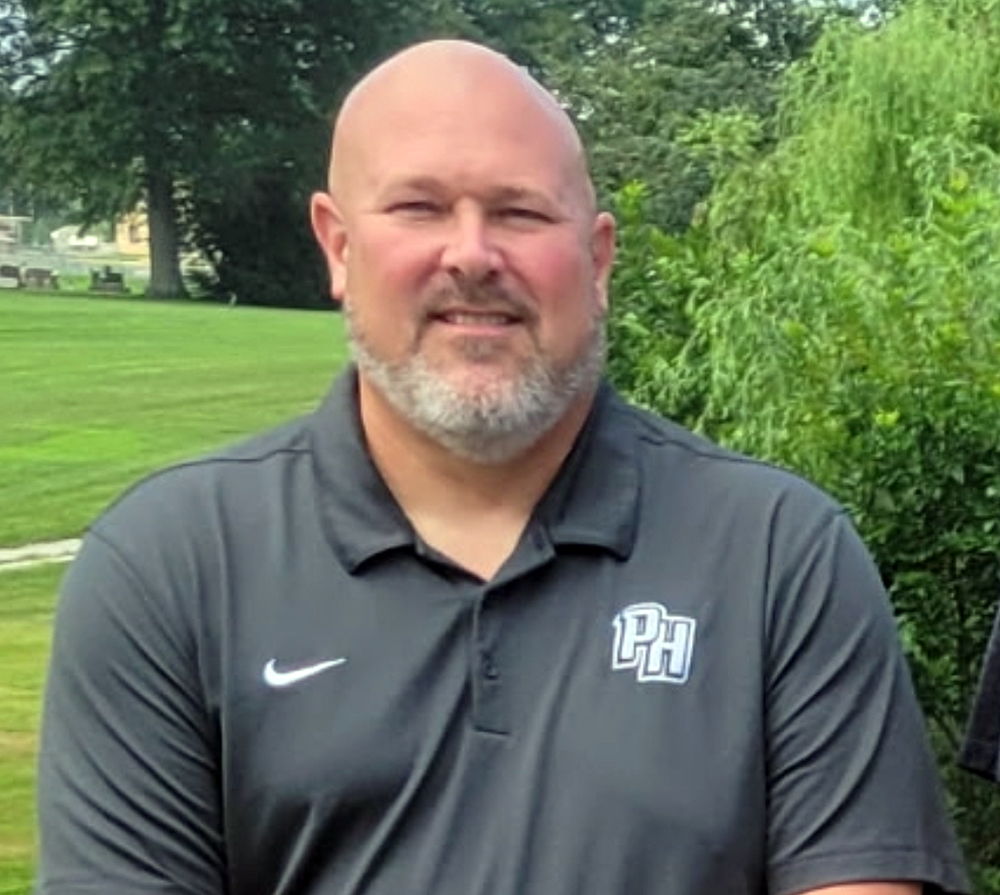IL legislator: New public defender law adds costs, takes away local control
(The Center Square) – A new Illinois law creates a statewide office to address public defender staffing gaps, but critics warn of higher costs and added bureaucracy without guaranteed improvements.
State Rep. Patrick Windhorst, R-Metropolis, who voted against House Bill 3363, voiced concerns about the potential costs and the shift away from local control.
“Staffing issues in local public defender offices were a concern raised by the bill’s sponsor and supporters, along with the general availability of resources, which had previously been funded at the county level,” said Windhorst. “Under this law, counties will still cover public defender salaries and office expenses, but a larger statewide funding pool will now exist to assist in defending indigent clients. This change will increase costs for the state without reducing local spending.”
State Sen. Robert Peters, D-Chicago, carried the bill in the Senate.
“Every Illinoisan deserves a strong defense, no matter their income,” said Peters. “Instating this new system would ensure real help reaches people who have been left behind in conversations about criminal justice reform for far too long.”
Windhorst also expressed concerns about moving oversight from the local level to a statewide office.
“I just feel like government, that is on the local level, is the most affecting form of government. Those are the individuals locally who are making local decisions,” Windhorst said.
While the bill includes some local involvement through a nominating committee, Windhorst said it still falls short of true local control.
“I would still prefer it to be done completely at the local level, but obviously that was not what was adopted,” he said.
The law establishes a state public defender who will oversee the new office, with guidance from both a Public Defender Advisory Board, composed of attorneys providing defense services, and a Client Community Advisory Board, composed of former clients or defendants.
Windhorst was asked if the new statewide public defender structure could interfere with the Sixth Amendment right to effective counsel.
“Each criminal case is unique … just because you may have a motion or certain procedural effort that’s made in one case doesn’t mean that that is appropriate in another case or in another jurisdiction,” said Windhorst. “That is a danger I see, and hopefully there will be ways to have an appropriate assessment while also taking into account the case-by-case nature of the criminal justice system.”
Windhorst warned that statewide performance metrics could misjudge public defenders’ work because every case is different.
“If a metric says a defender has only had jury trials in a certain percentage of cases and is therefore deficient, that isn’t fair without knowing the specifics—charges, plea offers, potential penalties, or sentences,” he said. “Metrics could skew a defender’s duty to zealously represent each client if they focus on overall stats instead of individual cases.”
Supporters of HB 3363 argued the bill would address staffing shortages and reduce perceived pressure on public defenders from local judges. Windhorst disagreed with this premise, emphasizing his experience with local public defenders.
“My experience has been that public defenders have operated diligently in representing their clients, and judges, if anything, want attorneys on the defense side to be diligent in representing their clients,” he said.
Currently, in Illinois counties outside of Cook, judges have the authority to hire and remove chief public defenders. The American Bar Association recommends that public defenders operate independently, and Illinois is one of only two states, along with Mississippi, with this structure.
Latest News Stories
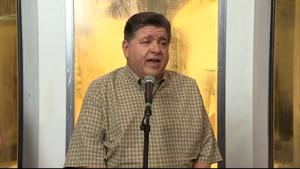
WATCH: IL Republican pushes for TX quorum rules that Pritzker hails as ‘hero’ move
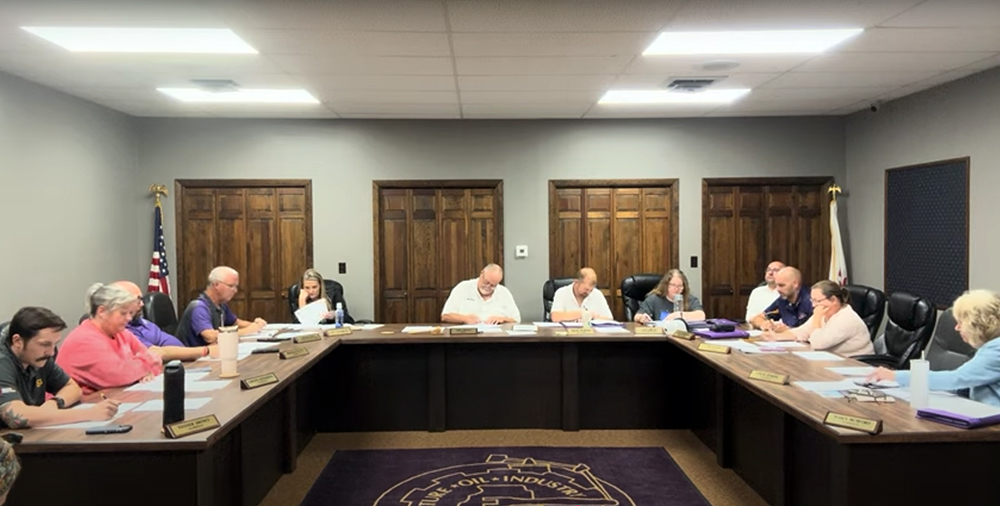
Casey Cracks Down on Blighted Properties, Considers Parental Responsibility Ordinance
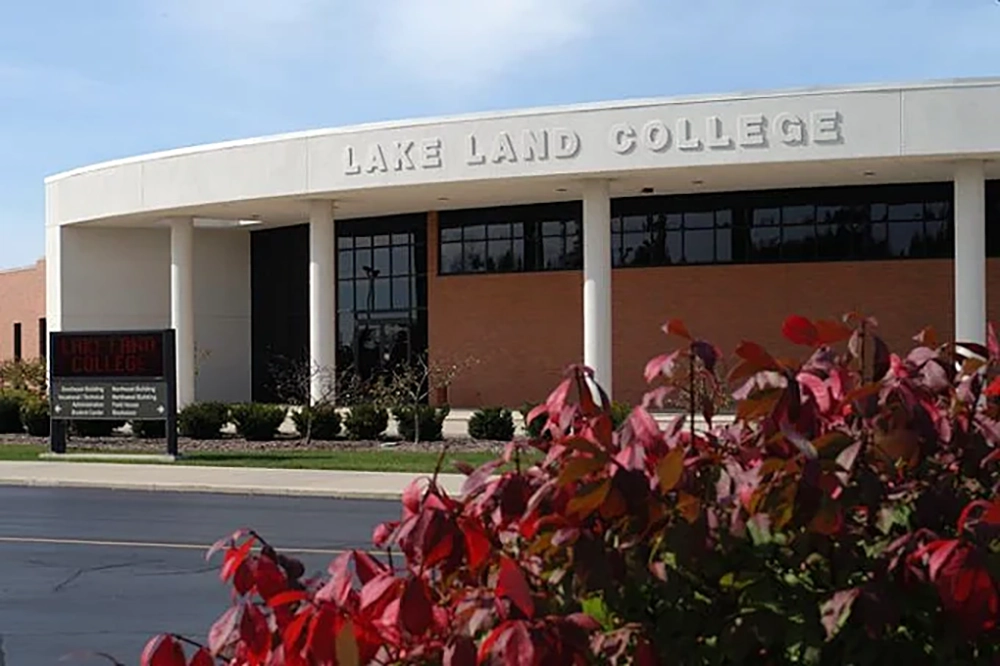
Lake Land College Invests Over $63,000 in Grammarly AI Tool to Boost Student and Staff Writing Skills
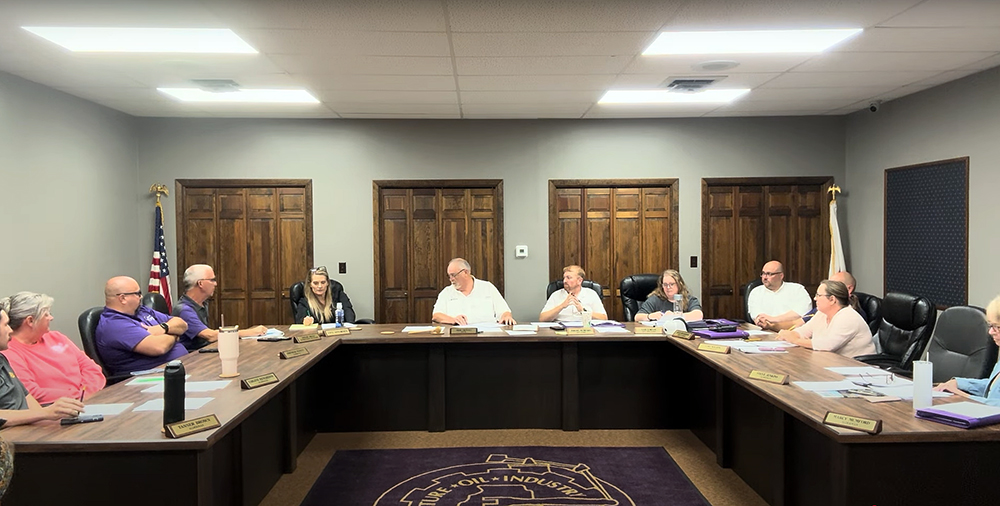
Casey Faces Utility Rate Hikes Amidst Inflation and Shrinking Customer Base

What’s Happening at the Library in August?
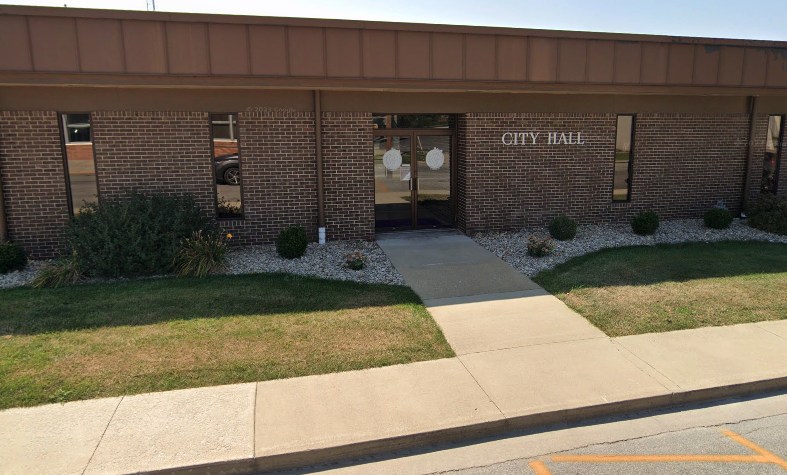
Casey Council Approves $33.27 Million Appropriation Plan for FY 2026
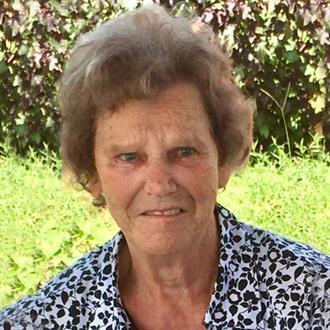
Cecile Stephens
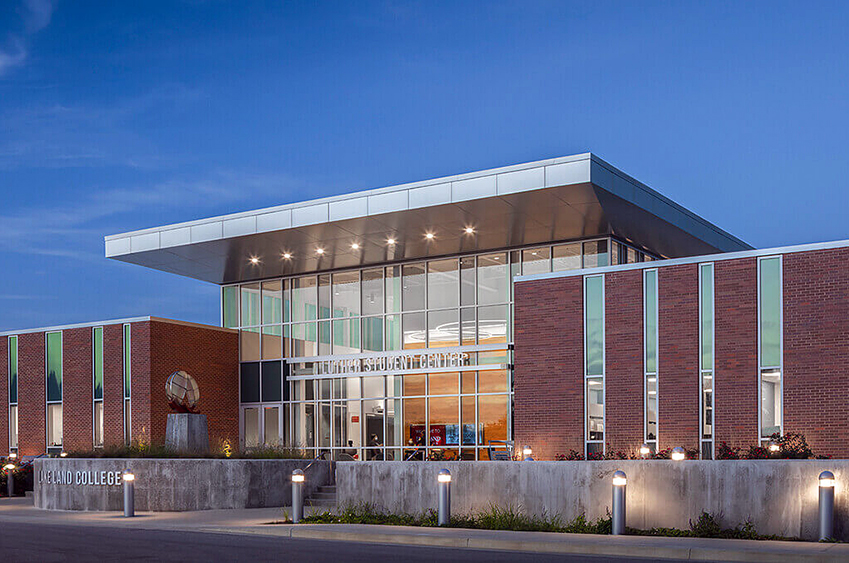
Lake Land College Board Approves 3% Pay Raises, New Salary Structure for Staff

Lake Land College Backs 12-Year Extension for Mattoon’s Midtown TIF District

Lake Land College Celebrates Grand Opening of New Effingham Technology Center

EIU Leads OVC With 48 Academic Medal Of Honor Winners

Suncode Energy Pitches Six-Part Community Solar Project Near Martinsville












